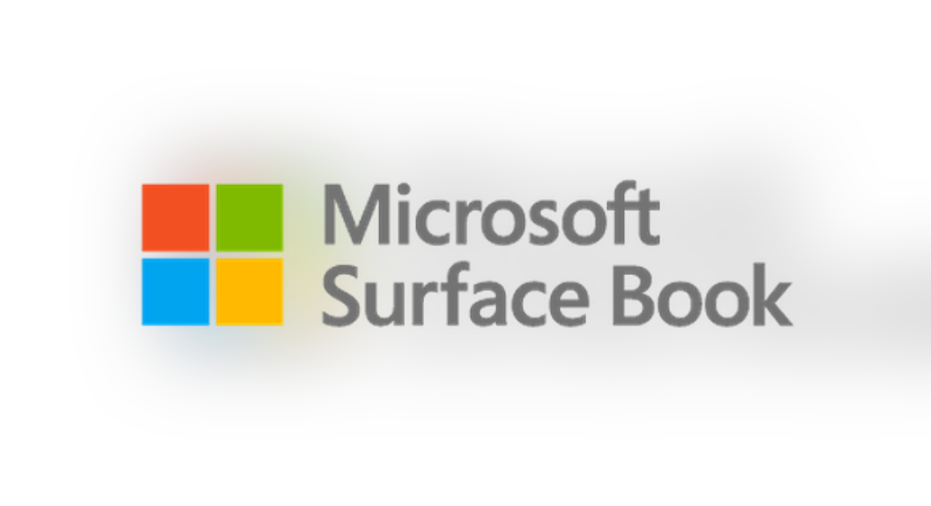Heres Why Microsoft Corporations Next Surface Book Was Delayed

Image credit: Microsoft.
In October 2015, software giant Microsoft launched its take on the detachable PC that it dubbed the Surface Book. Interestingly, back in May, Digitimes claimed that Microsoft had originally intended to release a refreshed model of the Surface Book sporting an Ultra HD (i.e., 4K) display as well as Thunderbolt 3 connectivity support in June, but that the device was delayed due to "some design issues."
Interestingly, in the article reporting on the upcoming Surface All-in-One, Digitimes claimed that the refreshed Surface Book was pushed from the second half of 2016 to the first half of 2017. The culprit? Microprocessor giantIntel .
Delay of Kaby Lake reportedly pushing out the Surface Book
The original Surface Book was powered by Intel's sixth-generation Core processor family, widely known by the code name Skylake. Naturally, when a system manufacturer puts out a new PC model, it would like to make meaningful upgrades across the board, such as the inclusion of a new, faster, and more feature-packed microprocessor.
It would make sense, then, that Microsoft would wait to introduce a next-generation Surface Book until its own next-generation processor family, code-named Kaby Lake, is available in the marketplace.
Does this explanation hold up?
At Computex 2016, Intel's Navin Shenoy said that Kaby Lake would enter mass production during the second quarter of 2016 for system launches "at the end of this year."
In light of Shenoy's comments, it isn't at all surprising that a next-generation Surface Book won't be ready to launch until the first half of 2017. Microsoft could either go for a launch early in the year at that point, or ultimately choose to hold off launching the product until May or June in order to hit the back-to -chool shopping season.
Intel's execution still needs work
A while back, an internal memo from Intel's Murthy Renduchintala (he oversees the company's client computing and Internet of Things groups) leaked in which he observed a "lack of product/customer focus in execution that is creating schedule and competitiveness gaps in [Intel's] products."
The reported delay in releasing the new Surface Book is a prime example of this "lack of product/customer focus in execution."
I am sure Microsoft would have liked to put out a new Surface Book this year, if only for the buzz and brand awareness that it would generate. Further, if Microsoft can't get Kaby Lake CPUs for system refreshes this year, the other companies that actually make a living selling computers can't be all that pleased that they don't have new processors available in order to launch updated PCs.
The problem for Intel's customers is that there aren't exactly compelling alternatives out there to Intel's processors right now, particularly for higher-end systems. The PC makers are currently bound by Intel's schedule, so if Intel delays the launch of its next-generation processors and platforms, the PC makers have no choice but to delay the launches of systems based on those processors.
Intel CEO Brian Krzanich recently explained that the PC industry declines have been driven by longer replacement cycles as well as cannibalization of PCs by ultra-mobile devices. Introducing new, compelling systems is really the best way to try to speed up that upgrade cycle, and Intel's chip delays certainly aren't helping its partners achieve that.
The article Heres Why Microsoft Corporations Next Surface Book Was Delayed originally appeared on Fool.com.
Ashraf Eassa owns shares of Intel. The Motley Fool owns shares of Microsoft. The Motley Fool recommends Intel. Try any of our Foolish newsletter services free for 30 days. We Fools may not all hold the same opinions, but we all believe that considering a diverse range of insights makes us better investors. The Motley Fool has a disclosure policy.
Copyright 1995 - 2016 The Motley Fool, LLC. All rights reserved. The Motley Fool has a disclosure policy.



















